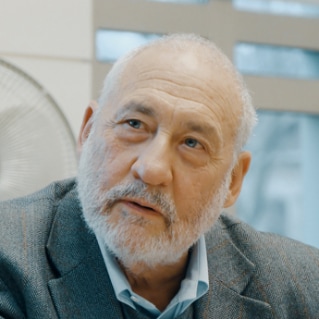How fiscal and monetary policy affect the economy
If you’ve ever wondered how fiscal policy works or what the difference between fiscal and monetary policy is, you aren’t alone. In fact, the two – while interdependent in many ways – serve very different functions within the economy.







